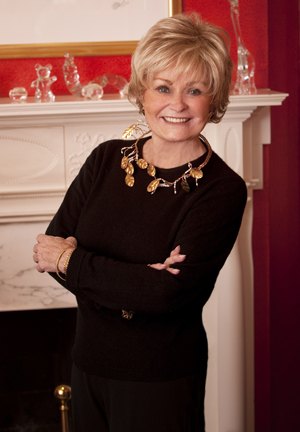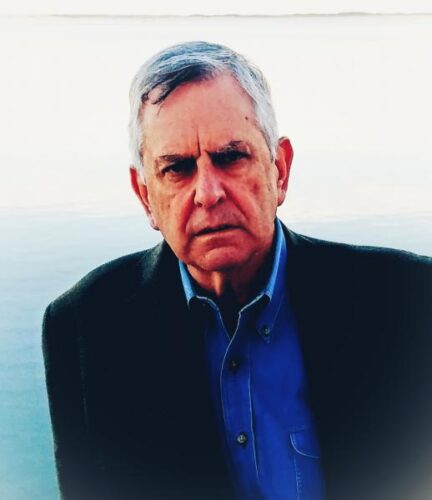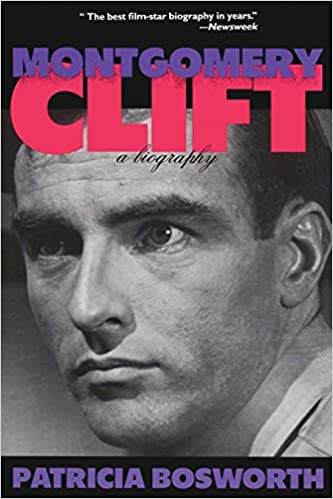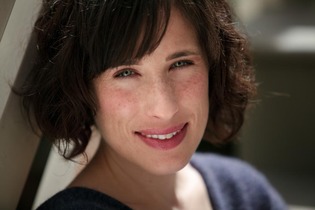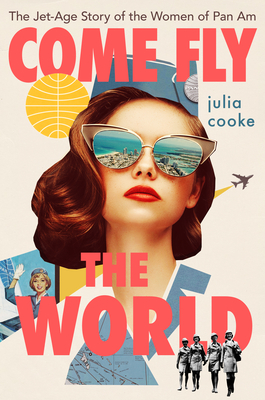May 4th, 2022
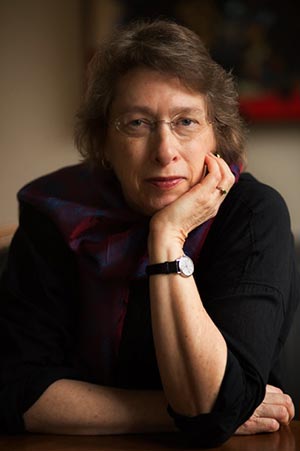 Interview conducted by Holly Van Leuven, editor of The Biographer’s Craft
Interview conducted by Holly Van Leuven, editor of The Biographer’s Craft
Editor’s Note: This interview first appeared in the April 2022 issue of The Biographer’s Craft, the members’ publication of BIO. Megan Marshall is the distinguished biographer of The Peabody Sisters: Three Women Who Ignited American Romanticism (Houghton Mifflin, April 2005, winner of the Francis Parkman Prize and the Mark Lynton History Prize), Margaret Fuller: A New American Life (Houghton Mifflin Harcourt, March 2013, winner of the 2014 Pulitzer Prize in Biography) and Elizabeth Bishop: A Miracle for Breakfast (Houghton Mifflin Harcourt, February 2017). A more complete reckoning of Marshall’s accomplishments can be read here.
While it is a longstanding tradition for the BIO Award Winner to be interviewed for The Biographer’s Craft, this interview also presents a unique situation: I have known Megan since 2011, when I was a student in her personal essay-writing class at Emerson College, in which I admitted one evening after the other students streamed out of the room that I was interested in writing biography. Among her many kindnesses to me, Megan introduced me to BIO in 2012. While we certainly never imagined a scenario a decade later where I would be editing TBC at the time that Megan won the BIO Award, here we are. Our ensuing conversation reflects some of our shared history and, in part, the powerful role of mentorship in biography. This conversation has been condensed here.
It seems common for very reasonable and talented writers to feel like the title “biographer” is too heavy a cloak to step into, even if they have done significant research on a subject or published a biography. “Writer” seems more approachable than “biographer.” What do you make of that idea?
I think every writer, whatever the genre, feels they aren’t a “real” writer until their first book is out there, between hard (or soft) covers. And I think we’re right to feel that way. The need to prove ourselves keeps us going through the hard slog of research and writing, and enforces a necessary humility in the face of so big a project—the project of knowing and summing up another person’s life. It gives us a proper respect for those who have already gotten there, those from whom we can learn how it’s done. And yet, the work of biography is so long. I also believe it’s reasonable, especially if you’re writing a first biography of someone, to consider yourself that subject’s biographer, once you are well into the work. No one else is! (Let’s hope. Competing biographers are an all-too-common added pressure!)
When did you first start to consider yourself a biographer?
When I began work on The Peabody Sisters in 1985, I thought the book was going to be a kind of historical survey of women’s choices, maybe a bit like Phyllis Rose’s Parallel Lives: Five Victorian Marriages, which I loved. I knew a few biographers—Justin Kaplan, an enormously generous man, was a friend. I met Jean Strouse at a party in [Kaplan’s] Cambridge home while she was researching Alice James, and Jim Atlas was a guest speaker in a poetry class of mine at Harvard. I knew how hard the work was, the suffering they all experienced as their projects dragged on, as well as the intense absorption and even identification they felt with their subjects, all of which I probably found subliminally attractive in a masochistic sort of way. To quote Tom Hanks in A League of Their Own: “It’s the hard that makes it great.” I’ll admit my heart sank when I realized I was writing a “full-dress” biography (a term Robert Richardson used), and I lived in fear thereafter, because I had no idea what I was doing! But of course, no one does, the first time out.
I kept telling myself, just write the book you would want to read on the subject—that’s all you can do. I had read a lot of biographies, including [those by] Kaplan, Strouse, and Atlas, of course, all excellent models. Maybe the form had also entered my subconscious, showing me the way.
Your biographies have been on the scene, shaping the genre, and influencing the cultural conversation for more than 15 years now. But you have also had many other responsibilities beyond “biographer” at the same time, not to mention all you did before The Peabody Sisters burst onto the biographical scene, and new responsibilities you’ve taken on since publishing Elizabeth Bishop. What is it like to have such a successful career as a biographer, to the extent that it might obscure your other accomplishments? Or is it freeing, like having discrete chapters of a book, to know when you are in a “biography” period of your life?
I have a lot of trouble devoting myself to more than one thing at a time. When my two daughters were young, I knew I’d have to put my writing on the back burner. They needed too much of me, and their “deadlines” couldn’t be put off. They were born seven years apart, so the years of their youths were many! My editor at Houghton Mifflin (the second of five, over 20 years), said he would “do me a favor” and take my book off the schedule. I didn’t have any idea what he was talking about, but I guess that meant they weren’t going to call me on the carpet, and to their credit they didn’t. But it was very hard, because I think I’m essentially a creative person, and I don’t feel that great if I’m not making something with words. There was a long dark time for me professionally, which may have been hard on my daughters, even as I felt I was “giving” them my all. I wasn’t sure I’d ever finish The Peabody Sisters, and I had to come to terms with that possibility, which in a way was liberating—like being taken off the schedule, I guess.
I admire younger biographers who seem to do a better job of combining parenthood with their writing lives—I think of Abby Santamaria and Louisa Thomas, to name just two of many. I don’t know how they do it, but perhaps it’s because they expect to do it. And, terrible as the child care system is now, it’s much better than it was when my kids were young. No one feels guilty about “putting” their kids in daycare, and daycare is better and more widely available. When I was little, there was almost nothing, and my artist mother struggled. The Massachusetts public schools didn’t have kindergartens until sometime in the 1960s, and where I grew up in California, preschool (a half-day cooperative, which parents staffed) was avant-garde—as outlandish as breastfeeding and natural childbirth!
It was easier for me to teach and write than to be a parent and write. I didn’t begin teaching full time until I was in my early 50s, when I was fortunate to find a good job at Emerson College, with many talented student writers like you, Holly.
We are in BIO because we believe the writing of biography is urgent and important work. And yet good biographies involve numerous challenges: they often take longer to write than other kinds of books; they rely so much on paper records (which can mean expensive research); and they often don’t reap the financial rewards of many other kinds of writing. How do you see biography continuing for the next decade or so?
There is an undying interest in biography in readers. The question is how to tap into it. I’m excited about the many new ways biographers are going about the work these days. There have always been experiments, but now there are more than ever. Perhaps the permutations are a bit like the way film and television are also morphing, transmuting. The audiences may be fragmenting along with that, and the financial rewards uncertain. But one should never write with the expectation of material success, even as you must write with the conviction that others will want to read the story you’re telling. The narrative needs to throb with that urgency—or at least pulse!
What are you currently working on? How has the pandemic disrupted or diverted your plans? What is on your horizon for the rest of 2022 and beyond?
I’ll be talking a bit about this—the disruptions of recent years—in my keynote speech. I hope BIO members will listen in! One current project I’m particularly pleased about, though, is the first Library of America edition of Margaret Fuller’s writings. It’s shocking there has never been one. I’m coediting the book with two excellent Fuller scholars, Brigitte Bailey and Noelle Baker. We hope the book will be out in 2024.
Finally, on a personal note if I may, I have always been impressed with (and blessed by!) your gifts as a mentor. You have a knack for appearing at just the right time and offering of your time and talents in a way that is meaningful. One example: In 2012, I had landed in Los Angeles for the first time ever when you emailed to say, “I’m not sure when you’ll be in Los Angeles, but this BIO conference is going on. . .” It was being held that weekend, within walking distance of where I was staying (a small miracle for LA!) but I wouldn’t have even known about it without your writing me. Do you have thoughts to share about mentorship? How have you gotten so good at it? Is it a practice you cultivate?
The pleasure of helping someone out is much more lasting than what a friend calls the “ta-da! moments” that have come my way. It’s a happier kind of happiness. And I’m also enormously grateful to my own mentors and more experienced writer friends who believed in me before I did, who thought I could finish The Peabody Sisters when I wasn’t sure of it. I remember them all, and often precisely what they said, because I lived on their words of encouragement. I would like to be helpful to others in the same way, and I try to see the opportunities. It’s also true that young writers grow up to become friends and colleagues from whom I can learn. And who knows, maybe one day you will be helping me out. I remember when two different senior biographers I’d admired deeply asked me to write blurbs for their new books. I felt a little sad about it—these were gods to me, and gods don’t need blurbs, especially from me! But I felt honored to be asked, and I did my best to return their generosity in this small way.
I want to say something more about Jim Atlas. I didn’t know him well, as so many others in BIO did. But he was the first biographer I ever met, when he visited Jane Shore’s poetry workshop. (Notice I call him a “biographer,” even though he wasn’t yet done with his Delmore Schwartz—but he was a biographer in my eyes!). I don’t think he ever knew this, but after I’d published The Peabody Sisters, I told Lindy Hess, another departed friend who ran the Columbia Publishing Course for decades, that I’d always wanted to write a short biography for Jim Atlas. She asked me which subject I’d choose, and I said Margaret Fuller. Lindy said—write the book, but don’t do it for Jim’s series. He can’t pay enough. I probably wouldn’t have written Margaret Fuller if it weren’t for Jim. And then Jim finally asked me to write a short book and the idea still excited me. I suggested Elizabeth Bishop, and I was under contract for a 30,000-word biography when I discovered a whole cache of Bishop papers that I knew meant that book would get bigger, too. Jim was the shadow in my garden of biography all along, to adapt the title of his last book—or maybe he was the sun!—and I’m glad to have the chance to say so here.
Megan Marshall will deliver the Keynote Address at the 2022 BIO Conference on Saturday, May 14, at 12:30 p.m. (Eastern).
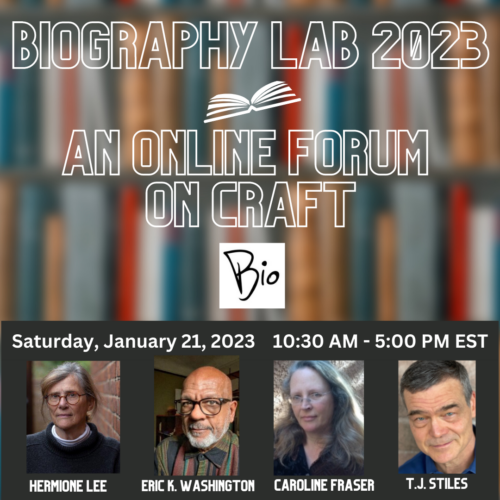 Biography Lab 2023: An Online Forum on Craft is a one-day, online conference that will take place on Saturday, January 21, 2023.
Biography Lab 2023: An Online Forum on Craft is a one-day, online conference that will take place on Saturday, January 21, 2023.